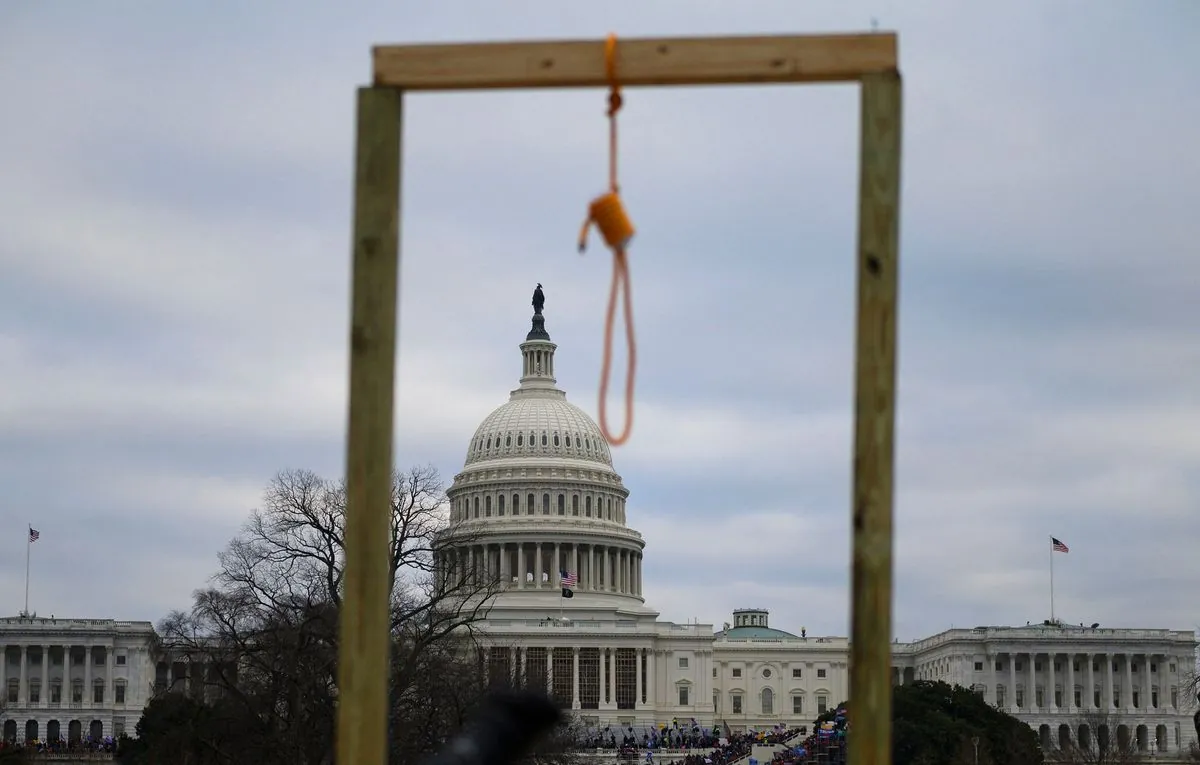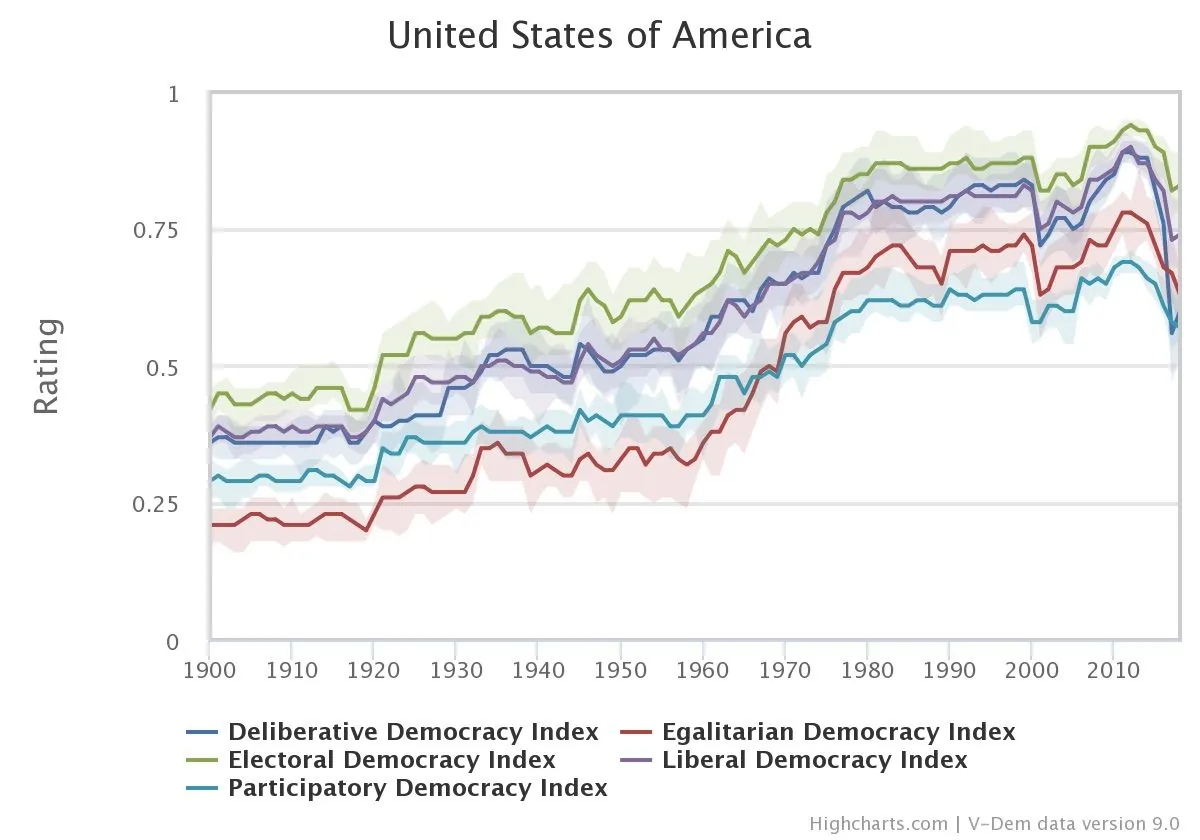US Democracy at Risk: Expert Warns of Potential for Political Violence
Political scientist Barbara F. Walter discusses factors contributing to instability in the US, including its classification as an anocracy and the rise of identity-based politics, while offering solutions to prevent escalation.

Barbara F. Walter, a political scientist at the University of California, San Diego, has raised concerns about the potential for political violence in the United States. Drawing from her extensive research on global conflicts, Walter argues that the US now exhibits several preconditions for civil unrest.
Walter's work with the Political Instability Task Force identified two key factors contributing to political instability: anocracy (partial democracy) and identity-based political parties. Surprisingly, the US has recently been classified as an anocracy for the first time since 1800, following a series of democracy downgrades between 2016 and 2020.

The expert emphasizes that modern civil wars differ significantly from historical examples like the US Civil War of the 1860s. Today's conflicts often involve small militias, paramilitary groups, and terrorist tactics rather than large-scale military engagements.
Walter points out that the US political system has several features that may contribute to instability:
- Winner-takes-all elections
- Strong presidential system
- Divided population along ethnic, religious, or racial lines
- Contested elections
To mitigate these risks, Walter suggests two primary solutions:
- Strengthening and reforming US democracy
- Regulating social media algorithms to reduce extremism
"When I say we should regulate social media, I do not mean that we should regulate content. Let people put whatever they want on social media. But what we should be regulating are the algorithms."
The expert notes that far-right groups, particularly white supremacists, currently pose the greatest domestic terrorism threat in the US. This marks a shift from the 1960s and 1970s when left-wing terrorism was more prevalent.
Walter cautions that the transition from political violence to civil war often occurs when governments respond disproportionately to protests or unrest. She cites examples from Northern Ireland and Syria, where harsh government reactions escalated conflicts.
As the US faces these challenges, Walter's research underscores the importance of addressing democratic weaknesses and fostering a more inclusive political environment to prevent further instability and potential violence.


































